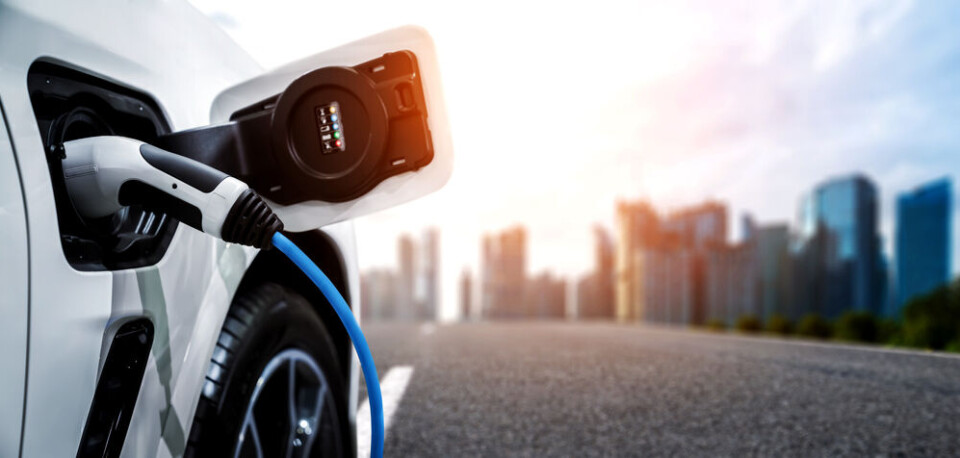-
Many Société Générale customers to be charged additional fees from April
There is some good news for international banking and instant transfers, however
-
Why gas prices in France are rising in April - and by how much
It comes after six consecutive monthly rises. Try these tips to reduce your bills
-
New notaire data suggests easing of Paris property crisis
Property experts have talked of ‘easing pressure’ and ‘breathing space’ after a four-year slump
How electric car grants are changing in France
State aid to help buy or rent an electric vehicle is to be limited to a models that satisfy new criteria from December 15

France’s state subsidy to buy or rent an electric vehicle is to be limited to models that satisfy certain green criteria set by the government from December 15.
The bonus ecologique has so far been available to rent or purchase all electric vehicles, irrespective of the pollution linked to their manufacture or transportation.
The announcement is likely to penalise several of the key manufacturers of electric vehicles based outside of Europe such as Tesla and Kia.
“[The vehicle’s] greenhouse gas emissions were previously the only environmental criteria taken into account. However, this approach does not support the least polluting vehicles since it does not account for emissions linked to the entire lifecycle of the vehicle, from manufacturing to its use on the road,” the government stated in a press release.
“Thanks to this reform we can stop subsidising electric vehicles that have a poor carbon footprint,” said Minister of the Economy Bruno le Maire.
“We will reward vehicles that emit the least CO2, which should result in France lowering its carbon footprint by 800,000 tonnes each year,” he added.
While the stated goal is to reduce the carbon footprint, the measure will also favour the local production of electric vehicles with French manufacturers such as Peugeot.
Who can qualify for the bonus ecologique?
Anyone who is resident in France can qualify.
For a new electric vehicle:
- €4,000 for vehicles sold at up to €45,000
- €2,000 for vehicles sold from €45,000 to €60,000
- €2,000 for vehicles sold above €60,000 (and hydrogen vehicles)
- €5,000 for a van
- €1,000 for new hybrid vehicles sold below €50,000
People with revenue below €14,089 qualify for an extra €2,000. This means would, for example, bring the bonus ecologique up to €7,000 for a van.
The bonus ecologique can be used once every three years.
In addition, people with revenue below €22,983 can also apply for the prime à la conversion, which offers up to €2,500 in aid to upgrade to a less polluting vehicle.
Read more Driving in France: Is it time to switch to an electric car?
What are the new criteria?
Manufacturers now have to provide the government with data concerning their materials, manufacturing process, transportation, which will then be calculated into a score out of 100. Vehicles with a score below 60 will not qualify for the bonus ecologique.
Vehicles will be assessed on the carbon footprint of:
- Ferrous materials
- Plastic and electronics
- Aluminium
- Producing the battery
- Assembling the vehicle
- Transportation to retail in France
The government uses a calculation, which it published in the Journal Officiel, to reach the score out of 100.
The environmental agency, Ademe, which oversees the bonus ecologique, will produce a list of models with acceptable scores on December 15.
How do the measures penalise manufacturers outside Europe?
Each of the criteria will include the carbon footprint of transportation. This means that manufacturers have to calculate the carbon footprint of transportation by road, rail or sea at each stage of the vehicle’s assembly, according to the French government’s numbers.
The Tesla Model Y Long Range AWD, for example, uses parts from China, is assembled in Texas and sold in Europe. Its transportation score will be lower than the Peugeot e-208 or the Renault Zoe, which are assembled in France.
Other popular models that may be penalised are the Chinese made MG5 Electric 115 kW Comfort, and the Kia e-Niro Motion 204 ch made in South Korea.
Related articles:
New carbon scores will keep foreign electric cars out of France
























